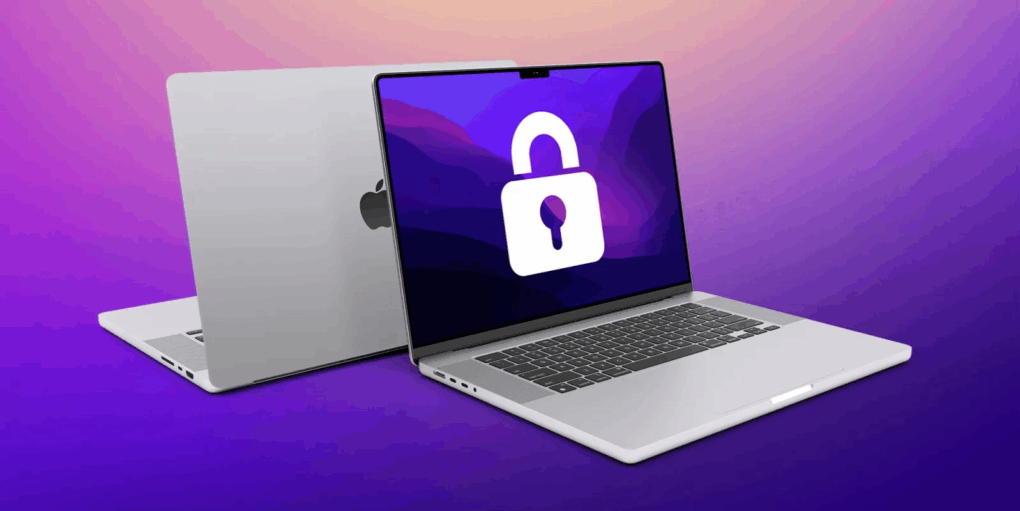By Alex from Planet Free VPN
Long a VPN professional and Apple ecosystem enthusiast, I have seen a marked shift in Mac users’ perspective of online privacy and security. Though macOS is frequently hailed for its built-in protections and user-oriented design, it does not mean Mac users are free from tracking, monitoring or data leaks. The increase in privacy incursions at the network level emphasizes the need for considering your connection to the web, rather than only the device you use.
Mac users should rethink online privacy and consider a VPN
This is where using a VPN — particularly something like Planet VPN — makes a critical difference. Many Mac users believe their sleek machines and updated software are enough to stay safe. But in reality, unencrypted internet traffic can still be intercepted, whether you’re working from a café, hopping onto hotel Wi-Fi or traveling internationally.
VPNs protect your Mac’s internet connection. They encrypt all traffic to and from your Mac from hackers, trackers and your internet provider, keeping your browsing safe. Quietly running in the background, this simple layer of security keeps the Mac experience unbroken. And let’s not forget — convenient VPN apps for iOS and Android extend that security to every device in your Apple ecosystem.
One thing that often gets overlooked is how vulnerable Mac users can be when they rely heavily on cloud services. All of that information moves over the internet. It can be syncing sensitive documents with iCloud, managing financial data on web portals, or streaming media across devices.
Without a VPN, you are depending on the security policies of every individual service provider. And given today’s threat environment, that is a major ask. A VPN encrypts your traffic at the source, therefore shielding your data even before it reaches any third-party servers.
For macOS users, particularly pertinent is how today’s VPNs can improve privacy while maintaining efficiency. Older VPNs often slowed down connections. Now, modern protocols allow for high-speed, low-latency browsing and streaming. They also keep strong security standards intact.
Whether you’re remotely working, editing cloud-based video or just leisurely surfing, there’s no justification for compromising speed for security these days.
VPNs can shield you from geotargeting, ad tracking and dodgy public Wi-Fi
Mac users also should consider a VPN due to geotargeting and ad tracking. Many online “fingerprints” can reveal your IP address and location data, even with Safari’s Intelligent Tracking Prevention and third-party blockers.
VPNs hide your actual IP, so advertisers find it more difficult to develop profiles on you based on your location and surfing behavior. If you use your MacBook on a plane, this is rather handy. It’s also great for managing social accounts, publishing content and running marketing campaigns that need local testing in various regions of the world.
Let’s not forget about public Wi-Fi — probably the most underestimated risk among Apple users. Because we trust our MacBooks, we often overlook the fact that the network itself might be the weak point in our security scenario.
Whether it’s an airport lounge or a shared co-working space, unsecured networks can be gold mines for bad actors. A VPN fixes this problem. It sends your traffic through encrypted servers, stopping eavesdropping threats completely.
Access the open web, from anywhere
For Mac users in countries with restricted internet access, a VPN also unlocks the open web. A VPN helps you access news, research tools and blocked communication platforms. It gives you digital freedom without using risky workarounds. You get reliable access to the full internet, just as Apple intended with its emphasis on user empowerment and freedom of information.
All these benefits come in an easy-to-use package, too. Modern VPNs feature intuitive interfaces, fast protocols and smooth macOS integration. They fit well with Apple’s focus on privacy. And when combined with iOS or Android mobile apps, users can make sure their privacy follows them — on a MacBook Pro or an iPhone stashed in a pocket.
A VPN is no longer a niche tool for anyone concerned about maintaining their digital presence across the Apple ecosystem. It is a daily need.


